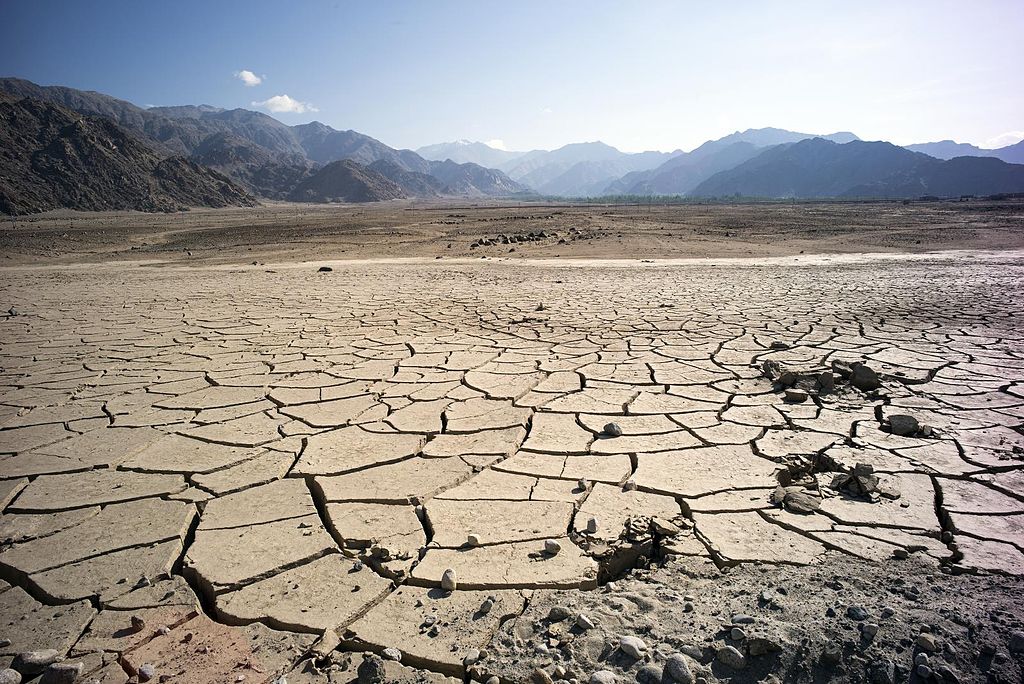
Ramit Debnath will be part of a new consortium working on a net-zero vision
This initiative is important because it empowers citizens to envision a net-zero future, in other words, enabling collective intelligence of people to plan for a just future.
Ramit Debnath
A Gates Cambridge Scholar has been appointed as a climate change consultant on a new consortium working on a net-zero vision for the world ahead of the UN Climate Change Conference [COP26] in November.
Ramit Debnath will be working on designing the India net-zero profile chapter of the vision along with in-country experts.
The international consortium, set up by the UK Government which is president of COP26, brings together academics, business, civil society and citizens. It is led by Deloitte and facilitated by the University of Cambridge, AECOM, Radley Yeldar and One Young World.
Through a series of virtual workshops, the group will explore the evidence around different solutions, share their perspectives and determine their collective vision of the future for six different regions: the UK, Jamaica, Brazil, Kenya, United Arab Emirates & Saudi Arabia and India.
Ramit’s role will involve synthesising the existing evidence on the challenges and benefits for India of a just transition to net zero. Opportunities include cheaper energy and green jobs, while challenges range from health and economic growth to security. For India, synthesis will be performed for a broad range of sectors from electricity generation to nature-based solutions.
Ramit [2018], who is doing a PhD in Energy Policy at Cambridge University and is a visiting researcher at International Energy Agency (IEA) in France, says: “This initiative is important because it empowers citizens to envision a net-zero future, in other words, enabling collective intelligence of people to plan for a just future. India’s developmental priorities are yet to be met; such an initiative is important to set the course of net-zero targets as half of the country’s population is dependent on climate-sensitive sectors for their livelihoods.”
The visions and research findings of the project are set to be published in September 2021 ahead of COP26.
*Picture credit of Ladakh, India: Christopher Michel and Wikimedia commons.












